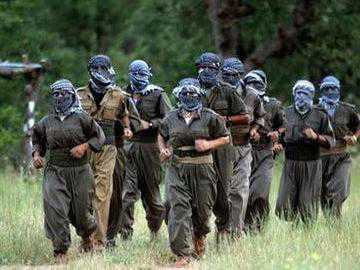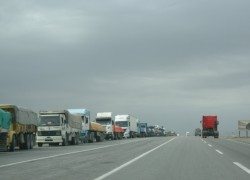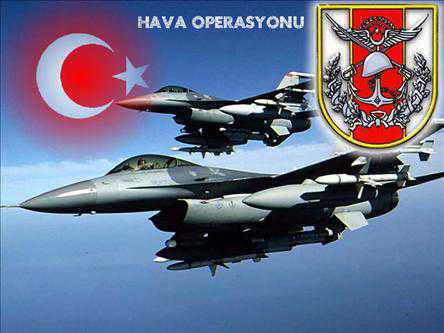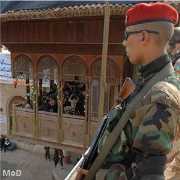BAGHDAD — The top U.S. general in Iraq wants to place more American soldiers along the fault line between Iraqi Kurds and Arabs, two groups who have appeared on the verge of civil war at times over the past year.
Gen. Ray Odierno has discussed his proposal with Iraqi Prime Minister Nouri al-Maliki and Kurdish President Massoud Barzani, two leaders who have been at odds for the past year over how to determine which group should govern the oil-rich city of Kirkuk and the Ninevah plains near Mosul.
A spokesman for Multi-National Force Iraq said Monday that Odierno is proposing a temporary deployment that would not affect the planned withdrawal of American forces by Dec. 31, 2011.
The intent is to partner American soldiers with Kurdish-controlled peshmerga and Iraqi forces who answer to al-Maliki’s government in Baghdad “to prevent the disputed areas from being used as a seam.”
“If approved, this change in security posture would be a temporary measure to improve confidence in the security situation and pressure terrorist networks,” said the spokesman, who asked not to be identified as a matter of policy.
Resolving the dispute between Kurds and Arabs over Kirkuk and the Ninevah plains is one of the top remaining priorities for Americans in Iraq. Defense Secretary Robert Gates visited the country last month and urged al-Maliki and Barzani to settle the matter before U.S. forces leave.
Al-Maliki’s Cabinet, meanwhile, has submitted a proposal that would give Iraqi voters a chance in January to hasten the withdrawal of American forces from their country by as much as a year, sending all remaining U.S. soldiers home by the end of 2010 instead of 2011.
The plan, en route to Iraq’s parliament, would set a national referendum on Jan. 16, giving voters a say on the security agreement that defines the pace of the drawdown.
That vote would take place on the same date that Iraqis choose their next parliament, their first national vote since 2005.
It’s not clear whether parliament will support the date, but it’s likely that Iraqis – exhausted by more than six years of war and occupation – would elect to send Americans home earlier if they had an opportunity to vote on it.
The pact took effect Jan. 1. Its key date so far was June 30, when American soldiers were required to leave their bases in cities and towns. Al-Maliki designated the date “National Sovereignty Day,” and it was celebrated with parties in the street.
That success could persuade Iraqis to support the withdrawal agreement, said Abdul Karim al-Samarrai, a prominent lawmaker from the Iraqi Islamic Party.
“The people now have a better idea about what the agreement holds for them, especially as they have seen the actual withdrawal of American troops from their cities. Maybe they have more faith in it,” he said.
About 131,000 American soldiers remain in Iraq. That number is expected to decline to 50,000 by next August.
The security agreement, drafted last fall between the Bush administration and al-Maliki’s government, says either side must give the other a year’s notice before changing the pact, meaning that the U.S. would have at least that much time to exit Iraq if voters reject the agreement.
Al-Maliki agreed to put the agreement to a vote to appease critics in parliament who insisted that all Iraqis have their say. The referendum was supposed to take place at the end of July.
The Ministry of Planning also announced a delay in another election-related issue Monday. It’s postponing a planned census because of fears that the results would stir violence in the northern provinces that are the focus of Odierno’s new security proposal.
The Kurdistan Regional Government wants to annex both areas. The census was supposed to be a step toward votes on whether the territories would join the semiautonomous Kurdish region or continue to be controlled by Baghdad.
Barzani’s government controls three provinces and views both Kirkuk and the Ninevah plains as essential parts of the Kurdish homeland.
Kurds grew especially sensitive to threats against the territories late last year when the central government deployed an army division near Kirkuk, an ethnically mixed province believed to have roughly equal populations of Kurds, Arabs and Turkomen.
Meanwhile, the Ninevah plains outside Mosul have seen some of the most violent attacks on civilians in recent weeks. More than 20 Yazidis, a religious minority, were killed Thursday. A village outside Mosul was leveled by two truck bombs Aug. 10, which killed more than 30.
(Ashton reports for The Modesto (Calif.) Bee. McClatchy Newspapers special correspondent Sahar Issa contributed to this report.)






